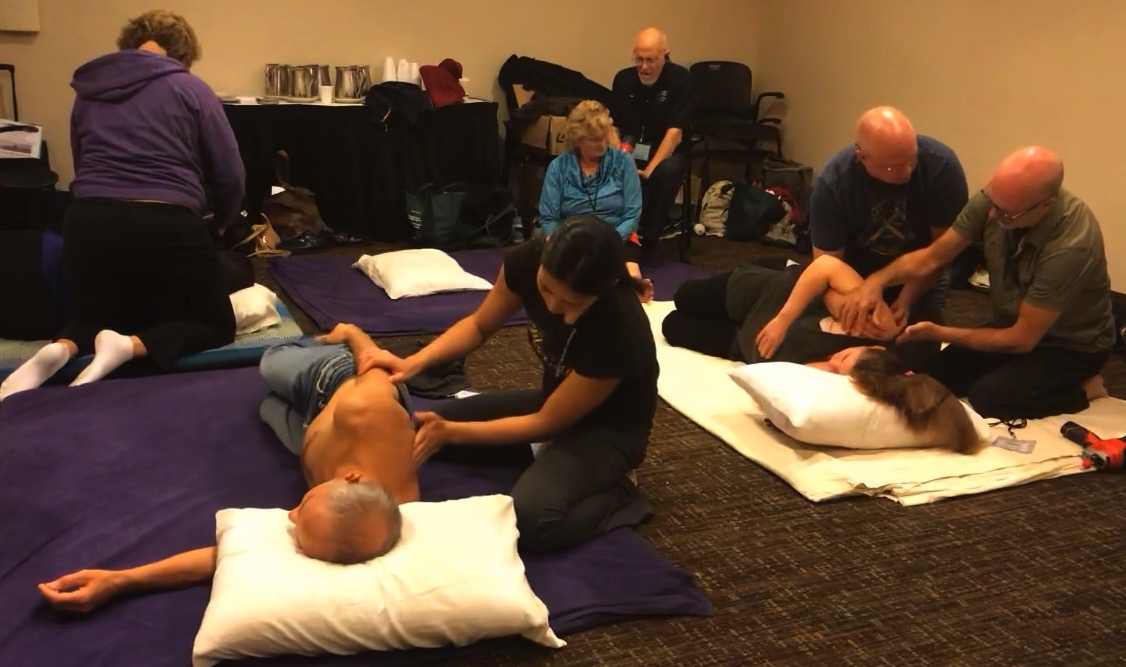
Clinical Core for the Upper Body 1 - In Person May 17-18, 2024 Evanston, IL (17 CEs)
Hours: 9:30 AM - 6 PM Sat + Sun, 5/19 and 5/20, 2025
Your in-person course enrollment also gives you access to the complete online edition of Clinical Core for the Upper Body 1. Please plan to review the online material before class.
This course provides a full protocol for addressing the most common upper body complaints seen in clinical practice. Students will learn to address shoulder, upper back and neck pain by understanding the role of proper scapular positioning, the various muscular sources that can feed the upper body with satellite referral, perpetuating factors for upper body pain, and key treatment modules for the most important muscles in this area.

There is a relatively small set of muscles and relationships that set up a high percentage of complaints. This course prepares you to design and execute effective treatments for most of the upper body cases that you will see.
Protocols are an extremely valuable resource and have been developed by Coaching the Body over years of clinical practice and instruction. The student is guided through the key muscles for prominent complaints, and decisions are made at each point identifying the most significant and limiting muscles.
We cover “treatment loops,” in which the practitioner visits a set of muscles related by function in an iterative manner until significant tissue change and ROM improvements are achieved. Treatment loops are extremely important, because they incorporate knowledge of the neurological relationships that can keep muscles in distress and frustrate treatment. CTB protocols are the core of the Coaching the Body approach and represent the central key to effective and timely treatment.

Prior to in-person attendance at Clinical Core for the Upper Body, we ask that students view the included online Clinical Core for the Upper Body Course, as it will prepare you for the detailed training you will receive in class.
Your training will be taught by Chuck Duff, who founded CTBI in 2001, and Josh Hoeks, a CTB Advanced Practitioner and assistant instructor. Upon successful completion, the student receives a certificate that provides 17 NCBTMB CE hours.

